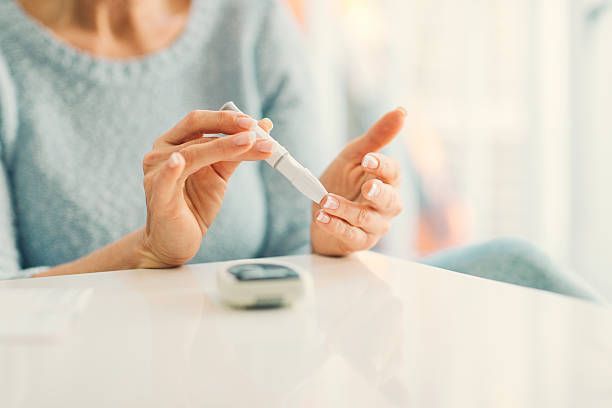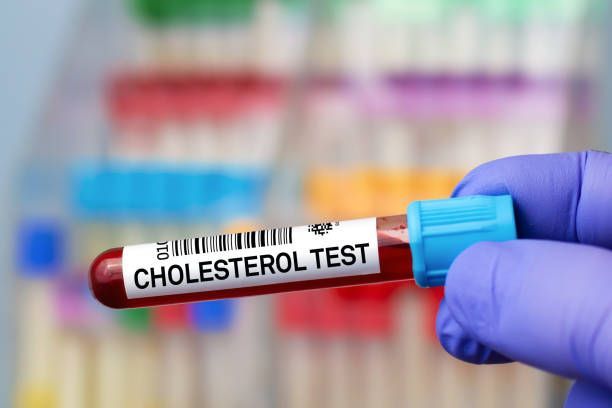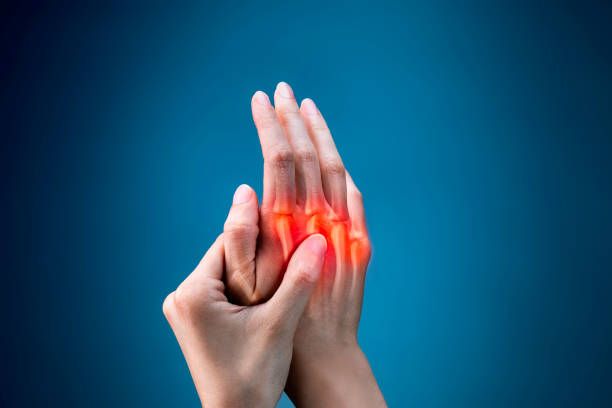7 Signs of Dehydration and How to Find Relief
Dehydration is a common yet often overlooked condition with significant health implications. Understanding its signs and knowing how to find relief is necessary for maintaining optimal well-being, especially in the heat of summer.
Together, we will uncover seven telltale signs of dehydration that you should never ignore. Whether recognizing dry skin or managing muscle cramps, we've got you covered. If you have severe symptoms, consider searching for “urgent care near me” to find your closest care center. Stay hydrated and discover effective strategies to combat dehydration with UrgiClinic Urgent Care below.
What is Dehydration?
Dehydration occurs when the body loses more fluids than it takes in. It disrupts the delicate balance of water and electrolytes necessary for proper bodily functions. Our bodies rely on water for essential processes, including temperature regulation and waste removal. When dehydration sets in, these functions are compromised.
Common dehydration causes include excessive sweating, inadequate fluid intake, vomiting, diarrhea, and certain medical conditions. Knowing the signs of dehydration and taking immediate action to rehydrate can protect you from more severe symptoms and complications. This is especially true for children in the summer, who may benefit from a trip to a pediatric urgent care center. The most common signs of dehydration include:
1. Thirst and Dry Mouth
Dehydration first displays itself as an intense thirst and dry mouth. When the body lacks sufficient fluids, it naturally sends signals to the brain that trigger a thirst sensation. This mechanism serves as a reminder to replenish lost fluids.
Dehydration also reduces saliva production, leading to a dry and sticky feeling in the oral cavity. Paying attention to these symptoms is important, as they indicate the need to hydrate promptly. Remember to listen to your body and drink water regularly to keep your thirst quenched and mouth moist.
2. Dark-Colored Urine
Typically, urine is pale yellow or straw-colored, indicating proper hydration. This light hue results from the dilution of waste products by sufficient fluid intake.
When dehydration sets in, the body conserves water by reducing urine output. This causes the urine to become more concentrated, leading to a darker color. The darker shade indicates a higher concentration of waste products and a lower water content in the body.
By paying attention to urine color, you can identify dehydration early on and take appropriate steps to rehydrate and maintain optimal health. If you notice consistently dark-colored urine, increase your fluid intake to ensure proper hydration and support your overall well-being.
3. Fatigue and Dizziness
The body's lack of sufficient fluids affects energy levels and overall cognitive function. This is because dehydration reduces blood volume. The blood carries oxygen and nutrients to muscles and organs. With less blood volume comes poor blood oxygenation which can cause fatigue.
Additionally, inadequate hydration affects the brain's functioning, causing dizziness. Dehydration can disrupt the balance of electrolytes like sodium and potassium. These are necessary for proper nerve and muscle function, and an imbalance can result in feelings of dizziness. Recognizing these signs of fatigue and dizziness can signal the need for hydration and prompt action to restore fluid balance.
4. Decreased Urine Output
Similar to the color darkening of urine when dehydrated, a decreased urine output indicates that your body can be dehydrated. Under normal circumstances, the body produces an adequate amount of urine to eliminate waste products and maintain fluid balance. However, when dehydrated, the kidneys conserve water by reducing urine production.
Decreased urine output can be a result of the body's adaptive response to water scarcity. This symptom alone may not be definitive proof of dehydration but can serve as a warning sign when accompanied by other dehydration symptoms. Urgent care services can help you determine the cause of your decreased urination. Monitoring your urine output and recognizing a significant decrease can help you identify dehydration so you can rehydrate promptly.
5. Dry Skin and Lips
Dehydration can manifest externally through dry skin and lips. The body's lack of hydration affects the skin's moisture levels. Depleted water content leads to decreased skin elasticity and a loss of natural oils. This ultimately results in dryness and tightness.
Similarly, the lips, which have a thinner and more delicate skin barrier, are prone to dehydration. Inadequate fluid intake can cause cracked and chapped lips. This may be accompanied by discomfort or pain. Paying attention to the condition of your skin and lips can serve as visible cues of dehydration. By addressing these symptoms, such as using moisturizers and increasing fluid intake, you can help restore hydration and promote healthier skin and lips.
6. Muscle Cramps
A disturbance in the body's fluid balance can directly impact the delicate balance of electrolytes. Consequently, an electrolyte imbalance can swiftly give rise to muscle spasms and cramps. This is primarily due to the pivotal role played by essential minerals like potassium, magnesium, and calcium in facilitating proper muscle function and contraction.
When dehydration sets in, blood flow to the muscles is also diminished, impairing their ability to perform optimally. Signs of dehydration-related muscle cramps include abrupt and involuntary contractions that often target the calves, thighs, or feet. These cramps may be accompanied by sensations of tightness or the presence of knots within the muscle, and they tend to worsen during physical activity. Maintain a regular fluid intake and restore electrolyte balance through well-rounded hydration practices to prevent future discomfort.
7. Headaches and Lightheadedness
Headaches and lightheadedness can be troubling symptoms of dehydration. When the body lacks sufficient fluids, there is a decrease in blood volume that compromises the delivery of oxygen and nutrients to the brain. This reduction in blood flow can trigger headaches of varying intensity.
Dehydration can also have an impact on brain function, affecting cognitive abilities and the regulation of blood pressure. As a result, individuals may experience lightheadedness and head-pounding pain. If you experience headaches caused by dehydration, drink water and electrolyte-rich fluids to improve nutrient flow.
How to Find Relief from Dehydration
There are several strategies you can employ to find relief from dehydration. These include but are not limited to:
1. Drink Plenty of Water
Hydration begins with increasing your water intake. Drinking adequate water throughout the day helps replenish lost fluids and maintains optimal hydration levels.
3. Consume Electrolyte-Rich Beverages
Electrolytes play a crucial role in hydration by facilitating fluid balance in the body. Including electrolyte-rich beverages such as sports drinks, coconut water, or electrolyte-infused water can help replenish these essential minerals.
3. Eat Hydrating Foods
Incorporating foods with high water percentages into your diet can aid in hydration. Fruits like watermelon, strawberries, cucumbers, and vegetables like lettuce and celery are excellent choices. These foods not only provide hydration but also offer additional nutrients and antioxidants.
4. Seek Medical Attention when Necessary
If you experience severe dehydration symptoms, seek medical attention promptly. An urgent care clinic like UrgiClinic Urgent Care is ready to assist you in addressing severe dehydration symptoms. Professional medical advice ensures proper evaluation and treatment for dehydration-related complications.
By following these strategies and prioritizing hydration, you can find relief from dehydration and support your overall well-being. If your symptoms persist or worsen, consulting a healthcare professional is essential for personalized care and guidance.
Visit a Full Service Urgent Care for Dehydration
Recognizing the signs of dehydration and knowing how to find relief is essential for maintaining optimal health. By paying attention to symptoms such as dry skin and lips or muscle cramps, you can promptly address dehydration.
Drink plenty of water daily to limit your chance of dehydration. And if your symptoms worsen or persist, don't hesitate to seek medical attention for dehydration. ER or urgent care, such as UrgiClinic Urgent Care, is here to help. Prioritizing hydration is critical to staying healthy and preventing the complications of dehydration. Stay hydrated and take care of your body starting today!













